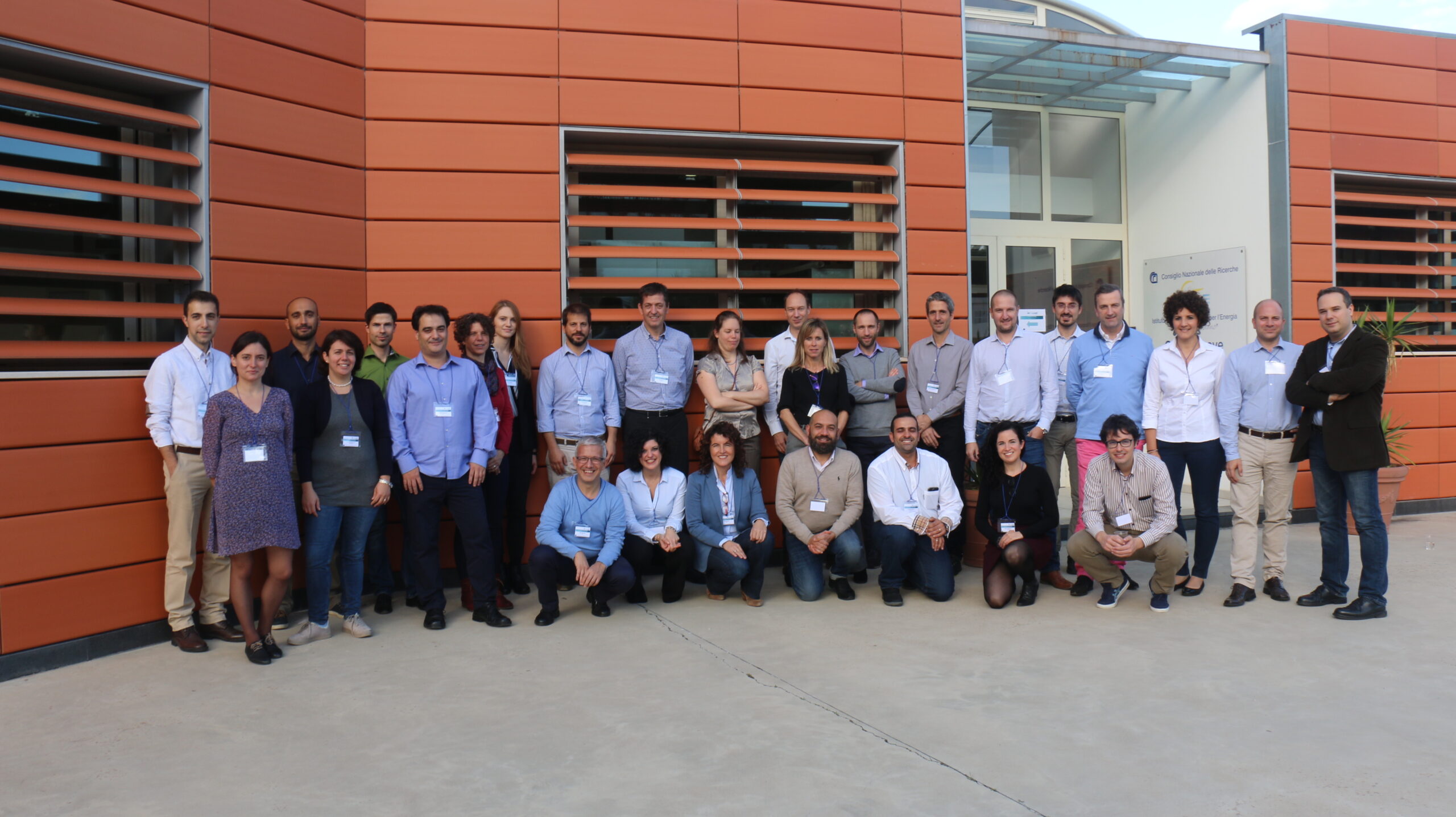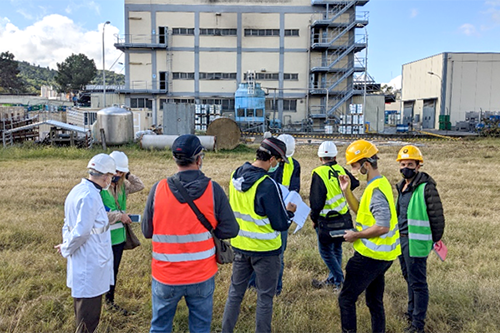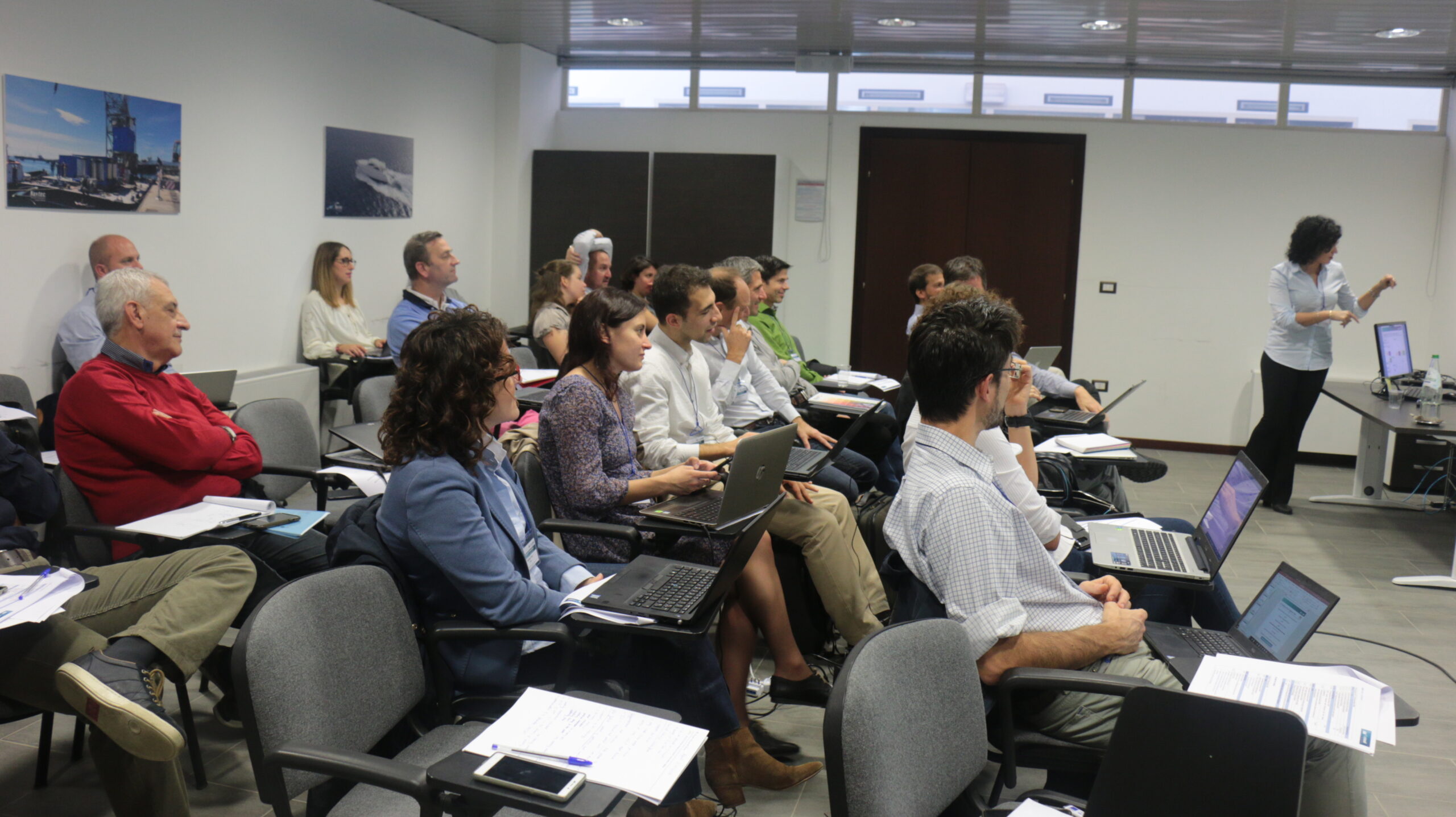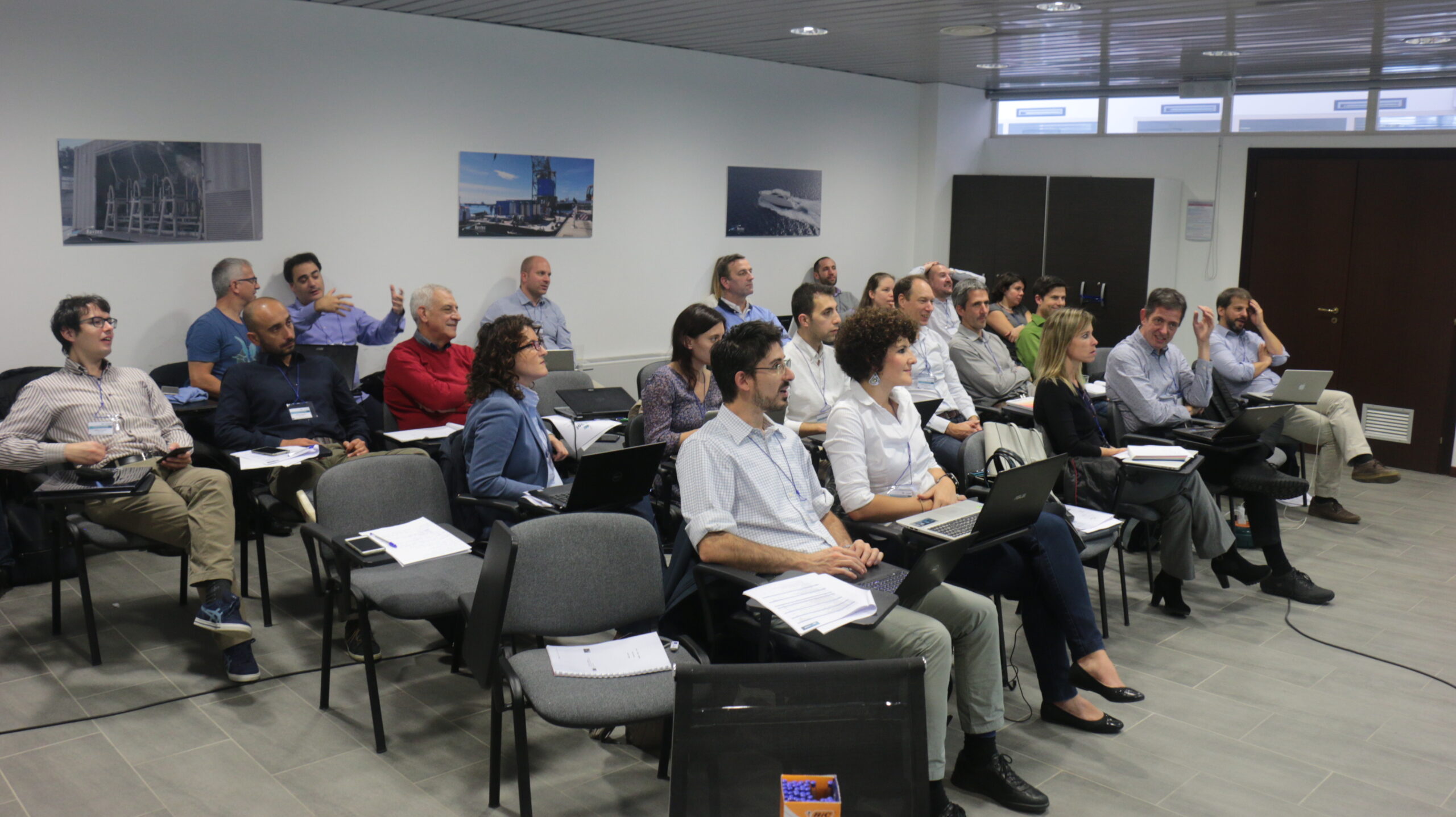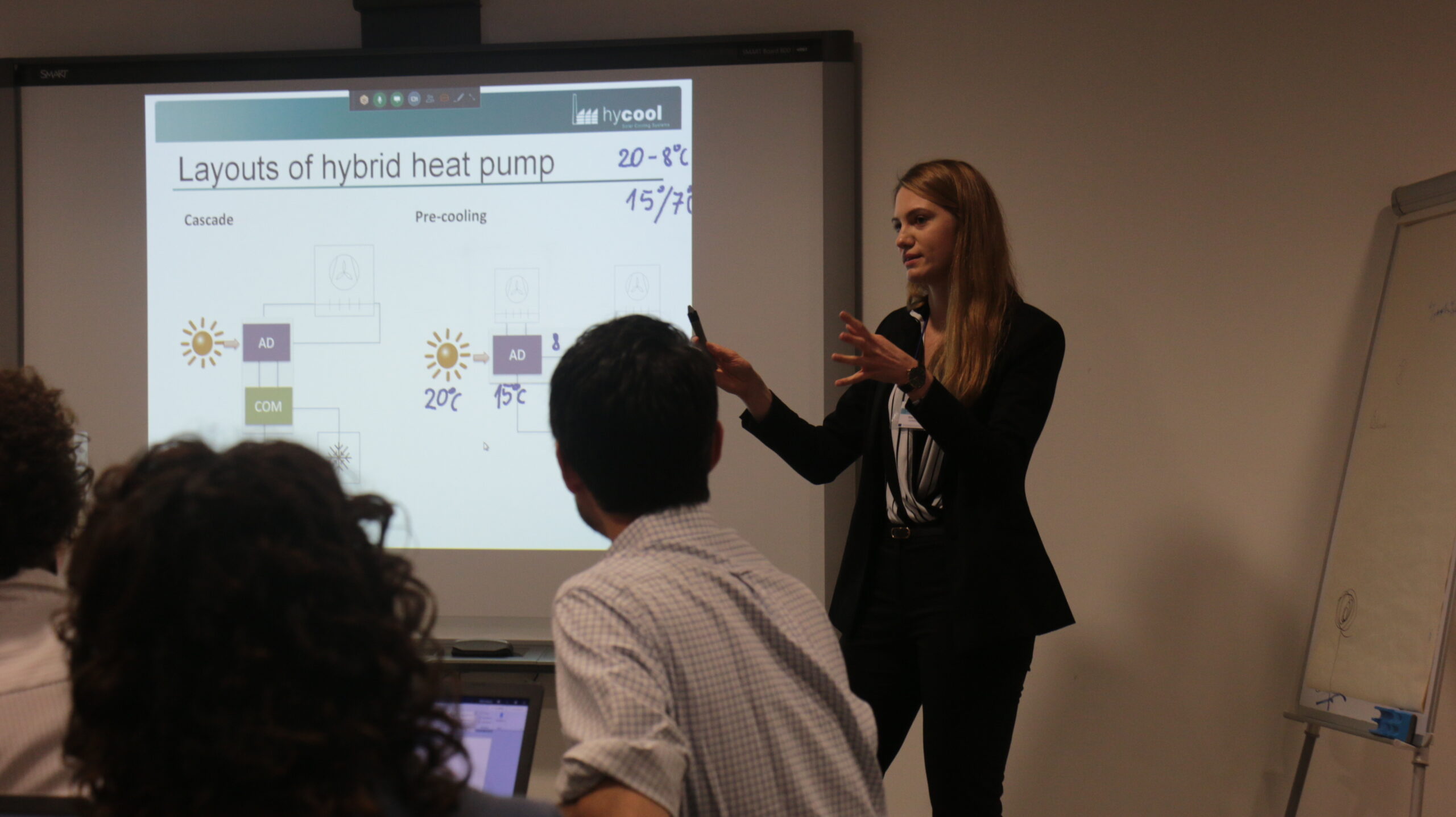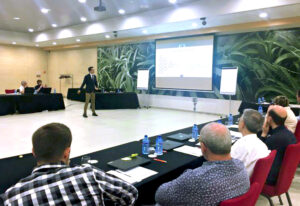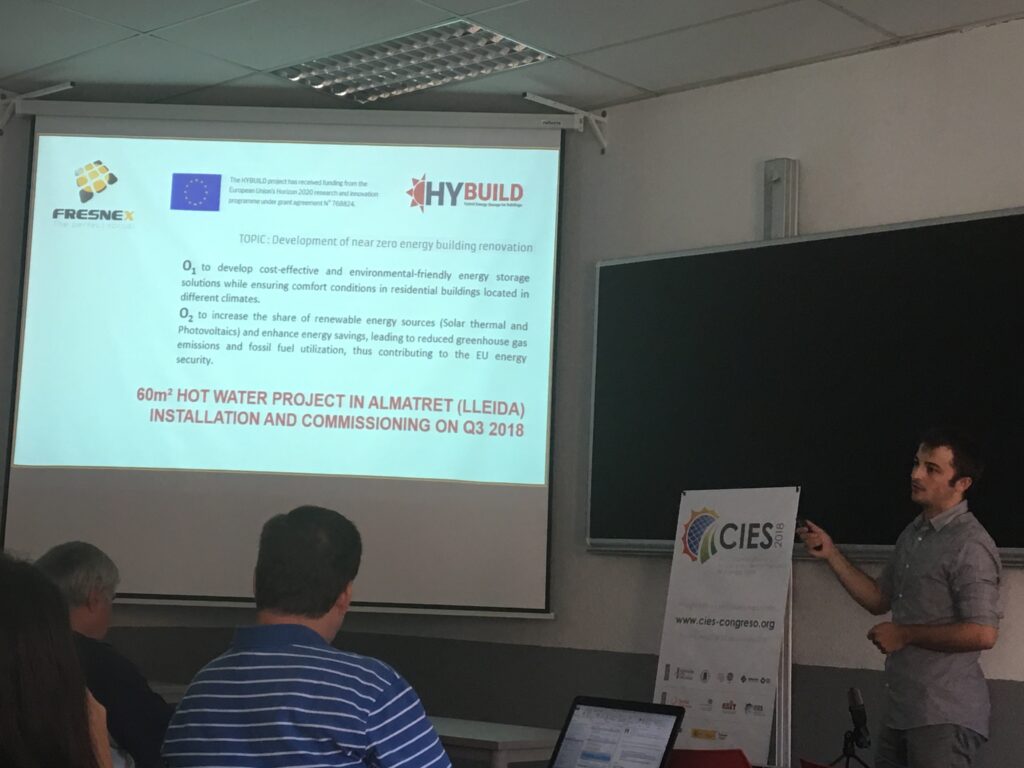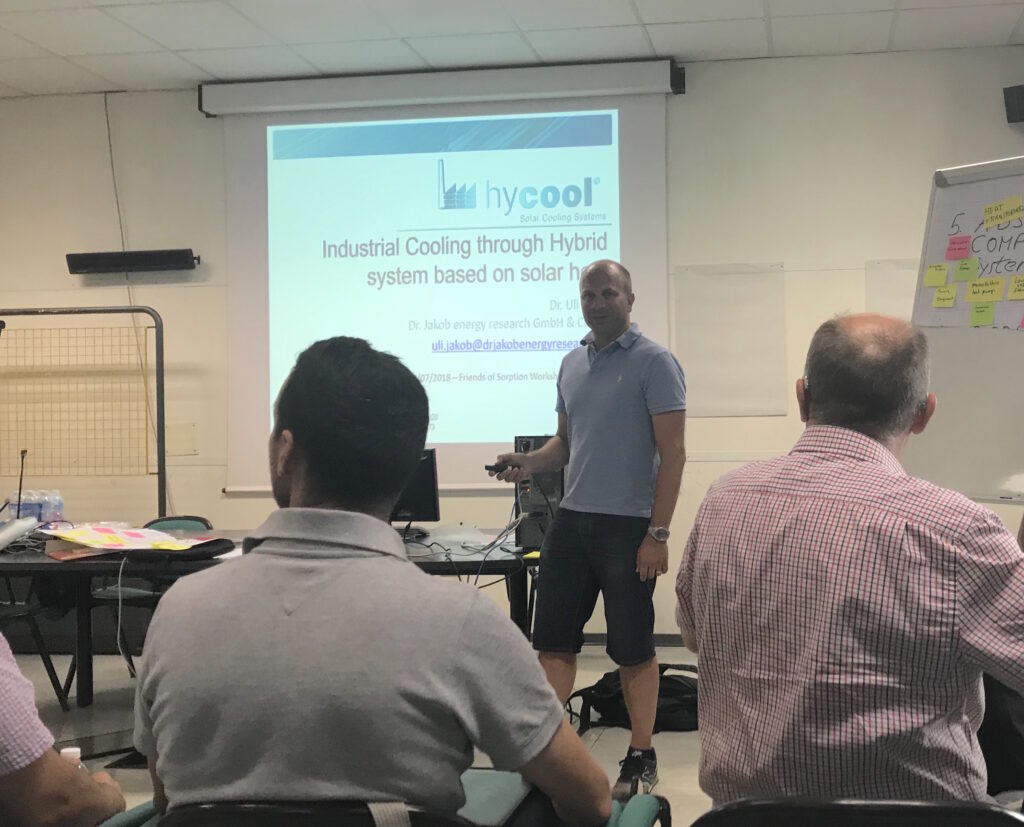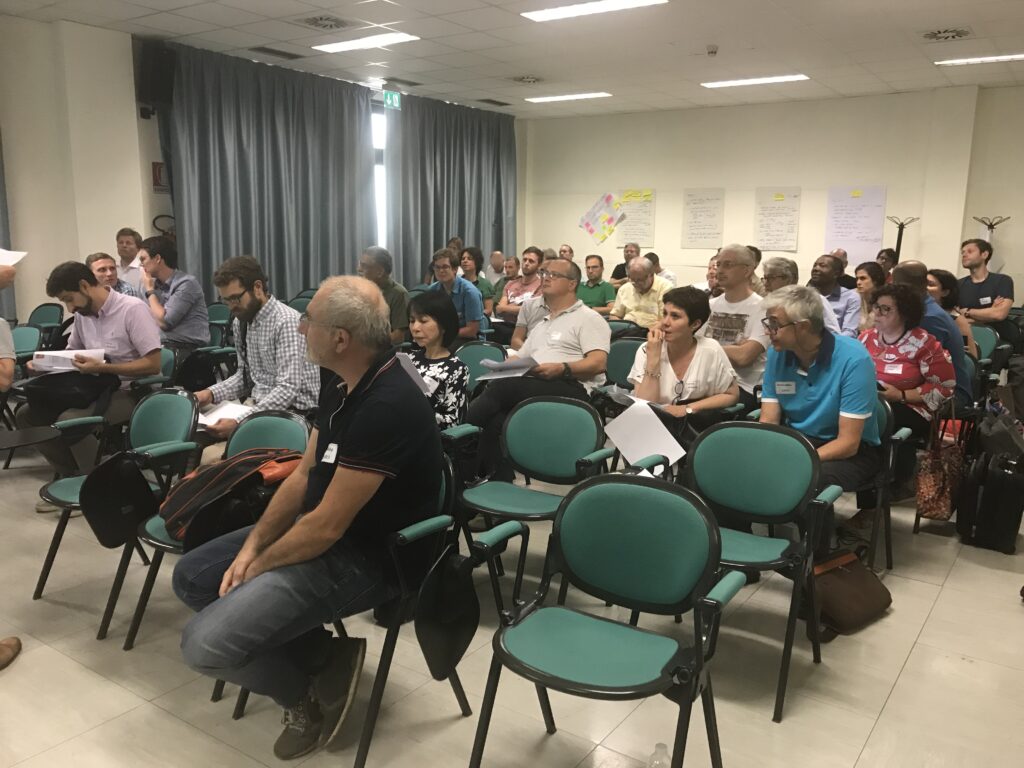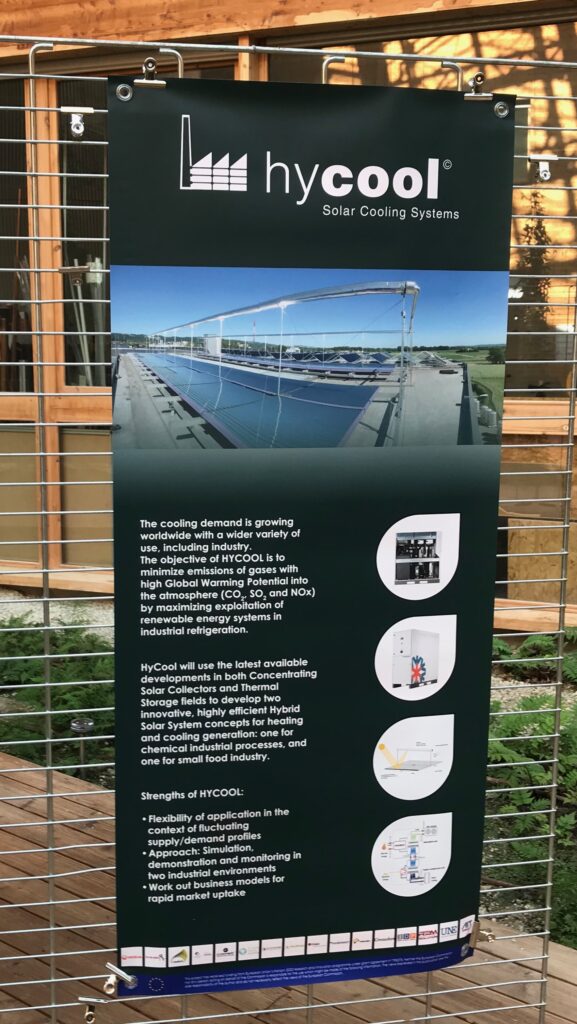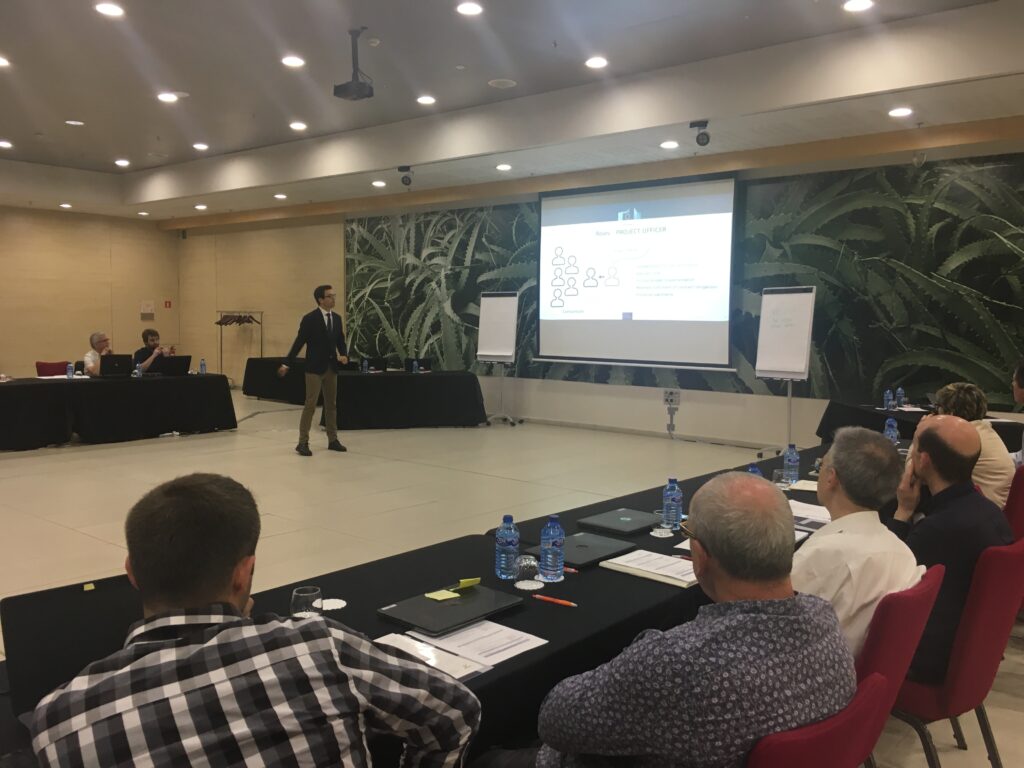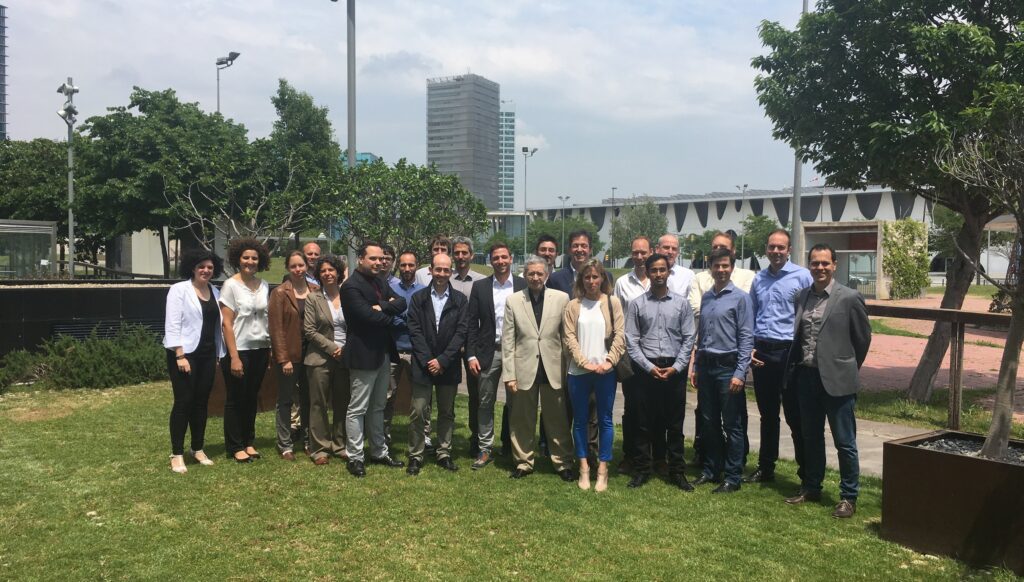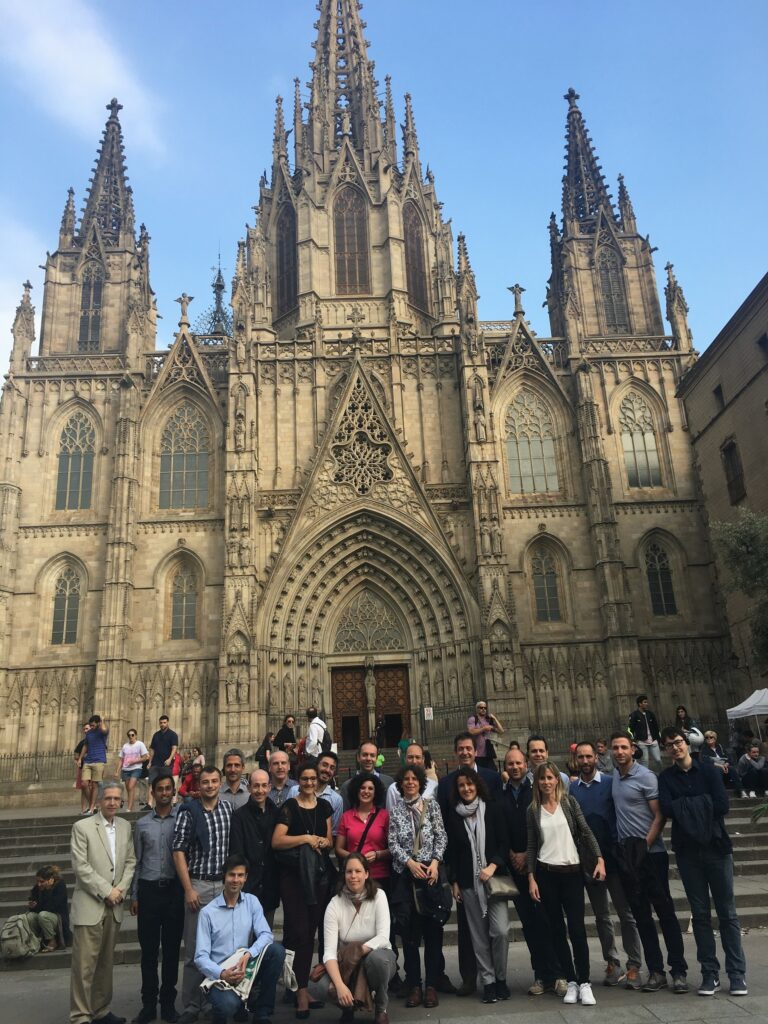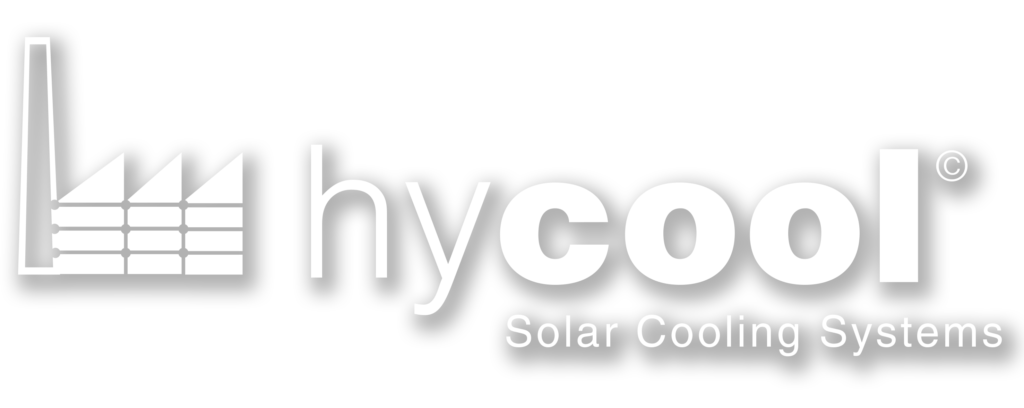- Why do you think Hycool is a necessary European project in the current context?
DM (INEA): It is crucial that EU academic, research and industrial sectors join forces with the aim of demonstrating that solar heat can be a reliable energy source for industrial processes, therefore bringing significant prospects for the market uptake of this renewable energy source and for the decarbonisation of industrial processes.
- What were your impressions at the kickoff meeting?
DM (INEA): I was impressed by the individual capacities brought up to the consortium by each member, but also aware of the big technical, administrative and management challenges to be faced by the project during its lifetime due to several aspects such as the large size of the consortium or the relatively short duration (36 months) for a project of this type. The consortium will receive 5.8M€ of EU taxpayer’s money that this is a big responsibility for the project to get timely results.
- What is the interest of the project having a consortium with a mix of small and large companies?
DM (INEA): One of the main objectives of Horizon 2020 research and innovation programme is to bridge the gap between science, research and innovation communities and society at large by fostering more inclusive, anticipatory, open and responsive research and innovation systems. In other words, bring solutions to the challenges faced by society from research to market. In this frame, it is very interesting to have an adequate mix of small and large companies in order to ensure the SMEs are ready to scale up their technology once it is validated in the project but also that significant industrial investment effort is ensured during the project and after its completion by the different large companies in the consortium.
- What achievements do you expect from Hycool, and what impact do you think they could have on both industry and the environment?
DM (INEA): From INEA we expect the project to fulfill the obligations set out in the Grant Agreement signed between both parts. In particular, the main achievements should be to improve industrial integration of current solar heating systems, to achieve a cost effective solution, and finally to demonstrate that solar heat can be a reliable energy source for key industries in terms of thermal energy consumption (chemical and food).
In the long term, the main impact of Hycool should be the contribution to the decarbonisation of industrial processes in view of the global environmental challenges faced by our society.
- How do you think Hycool technology will benefit industries of its two particular demo cases?
DM (INEA): If successful, Hycool will result in significant savings in their cooling processes for both primary energy and fossil fuel utilization, with the corresponding economic impact this will entail. In addition, both companies could also benefit from a positive impact on the public perception of their activities, which will help improving their core business.
- How do you see the replication of the Hycool project results to other industrial sites?
DM (INEA): I see the replication in different industrial sites as the next necessary step after the project lifetime. I think the strong interest and capacities brought up by the partners involved in the project and the one gained during the 36 months duration will ensure the replication of the Hycool solution, therefore bringing significant economic and environmental impacts to other industrial sites.
